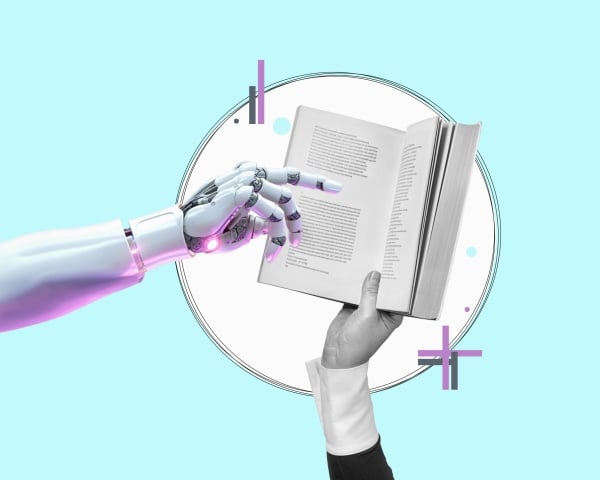As technology continues to advance at a rapid pace, the need for clear and effective policies around artificial intelligence (AI) is becoming increasingly important. However, many organizations are struggling to create these policies, as the field of AI is complex and ever-evolving. In this challenging landscape, one untapped resource that organizations may consider turning to is their own students.
Students, particularly those studying fields such as computer science, data science, and ethics, can offer invaluable insights when it comes to developing AI policies. These students are often at the forefront of new developments in AI, and may have a deep understanding of the ethical implications and potential risks associated with these technologies.
One key advantage of involving students in the creation of AI policies is their fresh perspective and innovative thinking. Students may be more willing to question the status quo and think outside the box when it comes to developing policies that are both effective and ethical. Additionally, students may have a unique understanding of how AI technologies are being used in real-world applications, allowing them to provide valuable input on the potential impact of these technologies on society.
Furthermore, involving students in the creation of AI policies can help to foster collaboration and engagement within the organization. By including students in the decision-making process, organizations can demonstrate a commitment to diversity of thought and a willingness to listen to a wide range of perspectives. This can ultimately lead to more comprehensive and well-rounded policies that take into account a broader range of considerations.
However, it is important to note that involving students in the creation of AI policies should be done thoughtfully and ethically. Organizations should ensure that students are properly compensated for their time and expertise, and that they are given a platform to voice their opinions and contribute meaningfully to the policy-making process. Additionally, organizations should be aware of any potential conflicts of interest that may arise from involving students in policy discussions, and take steps to address these issues as they arise.
In conclusion, struggling to create effective AI policies is a common challenge for many organizations in today’s rapidly changing technological landscape. By turning to their own students for input and insights, organizations can tap into a valuable source of expertise and fresh perspective that can help to inform and shape their policies in a meaningful way. Ultimately, involving students in the creation of AI policies can lead to more comprehensive, ethical, and effective guidelines that will benefit both the organization and society as a whole.



